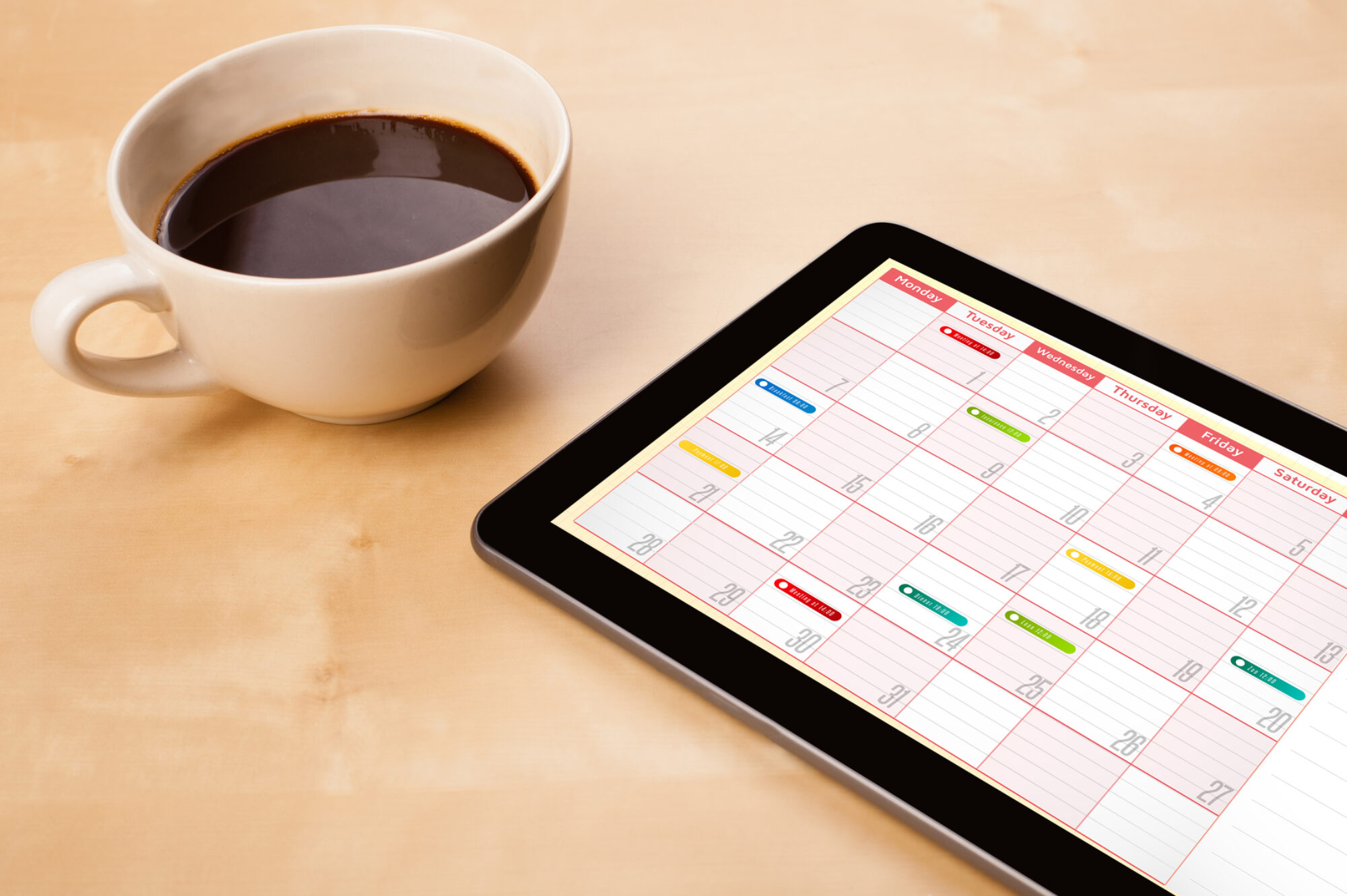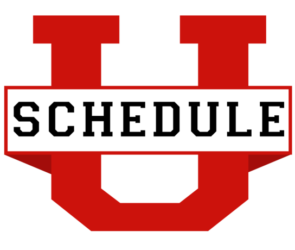Are you being bad and ineffective if you don’t schedule everything?
One of the mistakes occasional visitors to ScheduleU make is to conclude that if you aren’t putting all your tasks in your calendar, it means that you are doing something wrong: That only someone who is a Total Task Scheduler is correct, productive and doing things the right way.
If that’s not what they are doing, they feel judged. Put down. Diminished. They get defensive, arguing that their way is either just or good, or better. They are being attacked by ScheduleU’s teaching.
This experience sometimes comes from a place where one answer is believed to be best. It’s a point of view promoted by authors who promote simplistic, single answers: the ones they have found and use. As a result, they imply, others should follow their example without deviation. There’s a hardening of positions which echoes the political, religious and nationalistic jingoism which is apparently in vogue.
How does this apply to ScheduleU? Well, as you know, ScheduleU is the “School for Scheduling Everything.” I liken it to a “school for sprinting.”
In this imaginary athletics school, other kinds of running are not diminished. Neither are other sports outside of track and field. It’s just that a school for sprinting focuses on producing the best result in a single discipline.
Furthermore, people who hang around top sprinters like Usain Bolt are surprised to see how little preparation time is spent running anywhere near top speeds. The ultimate end-result – a world record or Olympic medal – is not produced by practicing a single activity, but many.
In much the same way, the purpose of ScheduleU is not to simply teach the mechanics of putting all your tasks in your calendar. Instead, it exists to support anyone who has an interest in keeping their peace of mind intact amidst an increase in time demands. This commitment naturally causes people to wonder whether or not they are using their calendar effectively.
When this curiosity is heightened, it’s a good idea to find ways to continually evolve your scheduling techniques. The fact is, better calendar skills and tools are required in order to manage more tasks effectively. After all, we all face the same time limitations and each additional activity occupies some more of it. There is no escaping the fact that there is a limit your capacity defined by your setup of skills and tools at any point in time.
If you find yourself adding more time demands, and even more, then you must confront the limits of your current setup. The good news is that you are not alone – others are pushing past these limits, providing us with brand new possibilities.
For the most part, technology is taking the lead in breaking down these barriers. What’s coming is hard to predict, so it’s a bad idea to rest on your laurels, and assume that you already use the best stuff, thank-you-very-much, full-stop.
I know, because I fell into this trap.
When I published the first edition of Perfect Time-Based Productivity in 2014, I thought I had completed a comprehensive volume which would stand the test of time. So why am I currently writing a second edition?
It only took about a month after the book’s release to bump into new software (SkedPal) which I began to use. Today, it’s an essential part of my daily workflow. So now, rather than believe I know what’s best, I assume the opposite: that the discovery of even better behaviors and tools are just around the corner. Once they arrive, I’ll use them to keep my peace of mind even as they help me build new capacity.
ScheduleU is all about helping people like the persona I was in 2014 – it’s the resource I wish I had many years ago as I jumped from one technique/tool to another, without any guidance. I set it up to help people who want to be on this journey, so they can uncover important nuances such as the one I put in the subject of this post: that Everything doesn’t mean “everything.”
What “Scheduling Everything” Actually Means
[bctt tweet=”The fact is, you can’t put everything on your calendar! #totaltaskscheduling” username=”2timelabs”] Here are some human activities you can’t, or shouldn’t try to schedule:
- the detailed activities that comprise every task. For example, it makes no sense to break down the activity I’m engaged in at the moment (writing a blog post) into its component parts on my calendar.
- all your habits. I don’t schedule the time to brush my teeth. Do you?
- time demands you aren’t ready to schedule. Got “Someday” tasks? They shouldn’t be forced into your calendar but stored or listed in other reliable places for ready retrieval.
- stuff you used to schedule, but no longer need to. When I was training myself to go to bed early, I used an alarm. Now, it’s a permanent habit, so there’s no need to do so.=.
- more time demands than you can manage. If you want to retain your peace of mind (and your sanity) use behaviors/tools which are appropriate for the number of time demands you are trying to execute. This requires a delicate balancing act which I explain in this answer I gave on Quora, and you can explore for yourself in A Course in Scheduling.
In other words, “Scheduling Everything” really means “Scheduling Everything you need to schedule to accomplish your goals.”
[bctt tweet=”‘Scheduling Everything’ = ‘scheduling everything you need to schedule to accomplish your goals'” username=”2timelabs”]
Given the fact that you are unique, and one-size-doesn’t-fit-all, you are the only one who can determine what “Scheduling Everything” actually means. Consider ScheduleU to be your partner on this adventure!

